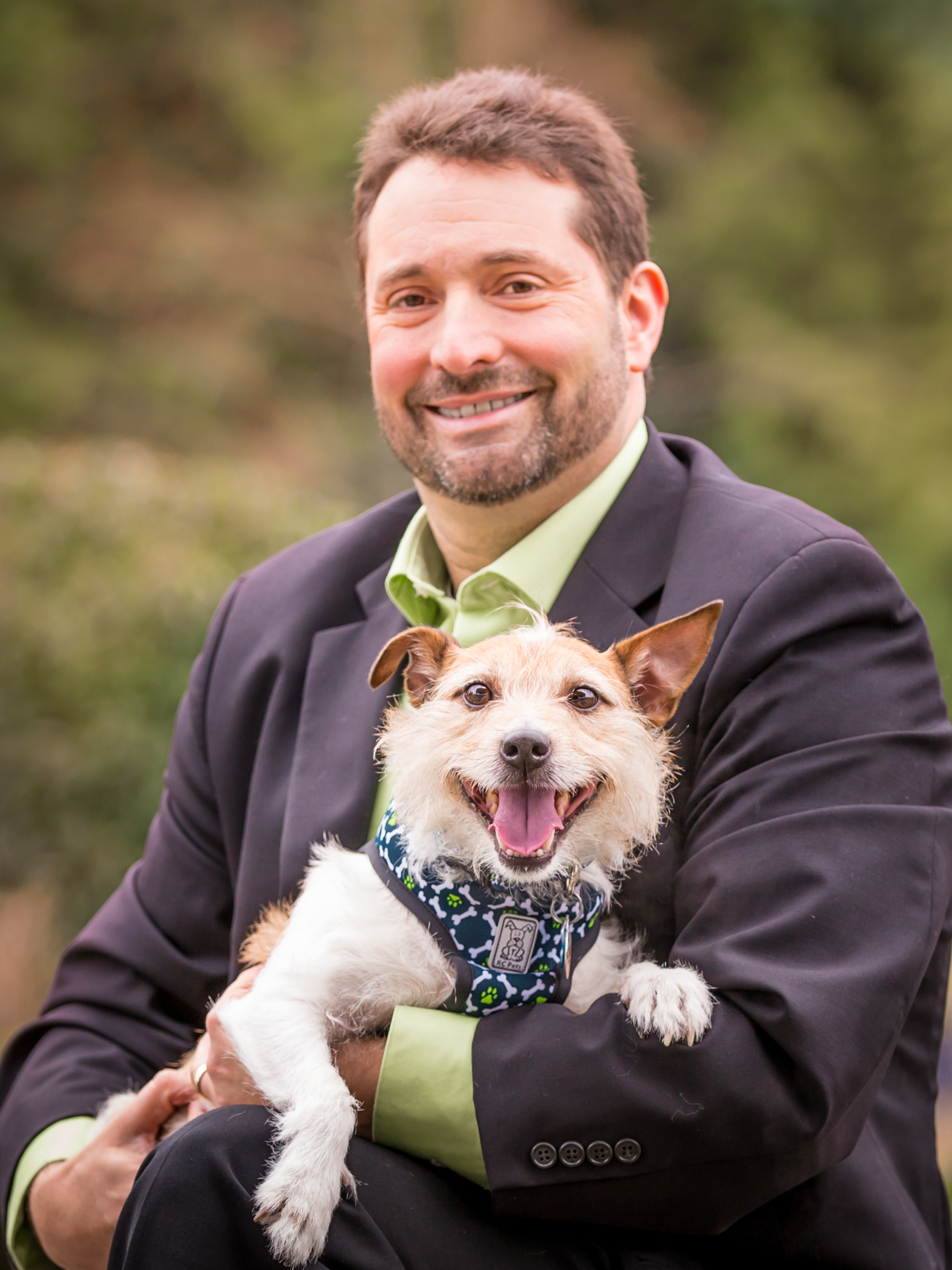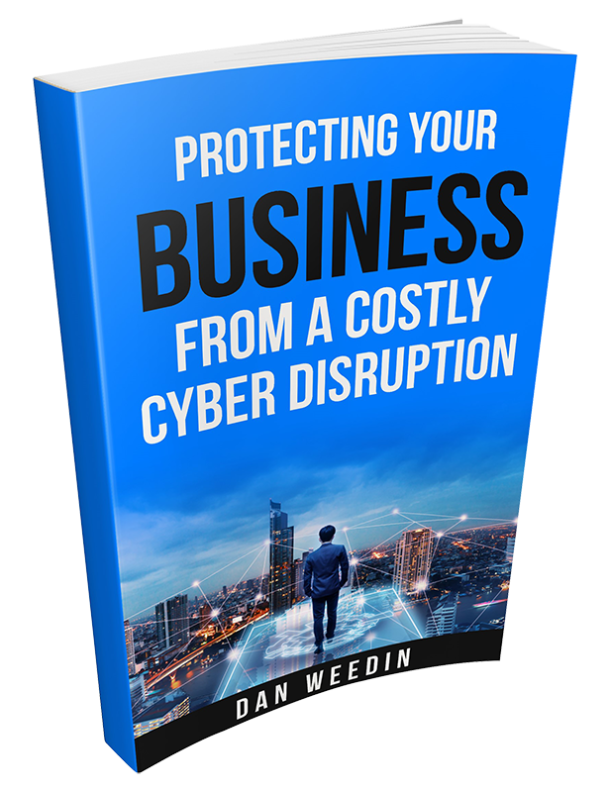 This is Part 1 of a four part series this month in honor of National Preparedness Month. While this may not seem to be the sexiest of topics, you need look no further than the wreckage left by Hurricane Harvey to understand the life and death issues faced by you, your family, and your business.
This is Part 1 of a four part series this month in honor of National Preparedness Month. While this may not seem to be the sexiest of topics, you need look no further than the wreckage left by Hurricane Harvey to understand the life and death issues faced by you, your family, and your business.
Week 1 focuses on making a plan for yourself, your family, and your friends. Step 1 is to create a written emergency plan that responds to evacuation from your home; staging areas to meet; first aid and medications; food and clean water supplies; how to shut off water and electricity; emergency power and connectivity, and pets (to name just a few).
Step 2 is to assure your insurance protection is in place and accessible. Do you need earthquake or flood insurance? Note that about 80% of homeowners affected by Harvey did not have flood insurance (CNBC article). Flood insurance programs have a 30 day waiting period after you make payment…like a time deductible. With winter coming, now is the time to get it if you are in any path of rivers, lakes or other water tables. No matter what, you must know how your insurance will respond to crisis and have Internet access to a copy of your policy.
Step 3 is to plan financially for a disaster. I recommend you have at least $300 of cash in your house at all times. This is even hard for me becasue it’s easy to rob from yourself with the”promise” of putting it back! However, in an emergency, access to your bank or other funds may be delayed. Cash still works to buy food!
Step 4 is to once a year (now would be good), practice your plan. We all went through fire drills in grade school to know what to do in case of a fire, right? Why my school always chose the days it rained is curious to me, but disaster rarely sends advance notice.
Step 5 is to share with your family and friends so they know how to contact you and can build their own emergency plan and kit. Communication is essential for saving lives; make sure your most important network connection is strong.
Next week, we focus on planning to help your neighborhood and community. Being “safe out there” is incumbent on planning ahead.
P.S. Follow me on Facebook. This month, I will be doing a Facebook Live segment on how to pack a “go bag” in case you must evacuate your home and one that you should keep at work in case you get stuck and can’t make it home for days.
Quote of the Week:
”Luck is a very thin wire between survival and disaster, and not many people can keep their balance on it.”
~ Hunter S. Thompson (American Journalist)
© 2017 Toro Consulting, Inc. All Rights Reserved
Do you need help creating an emergency crisis plan for your business or family? Call me and let’s schedule a meeting to talk. The time to act is before you need it. Email me at [email protected]

